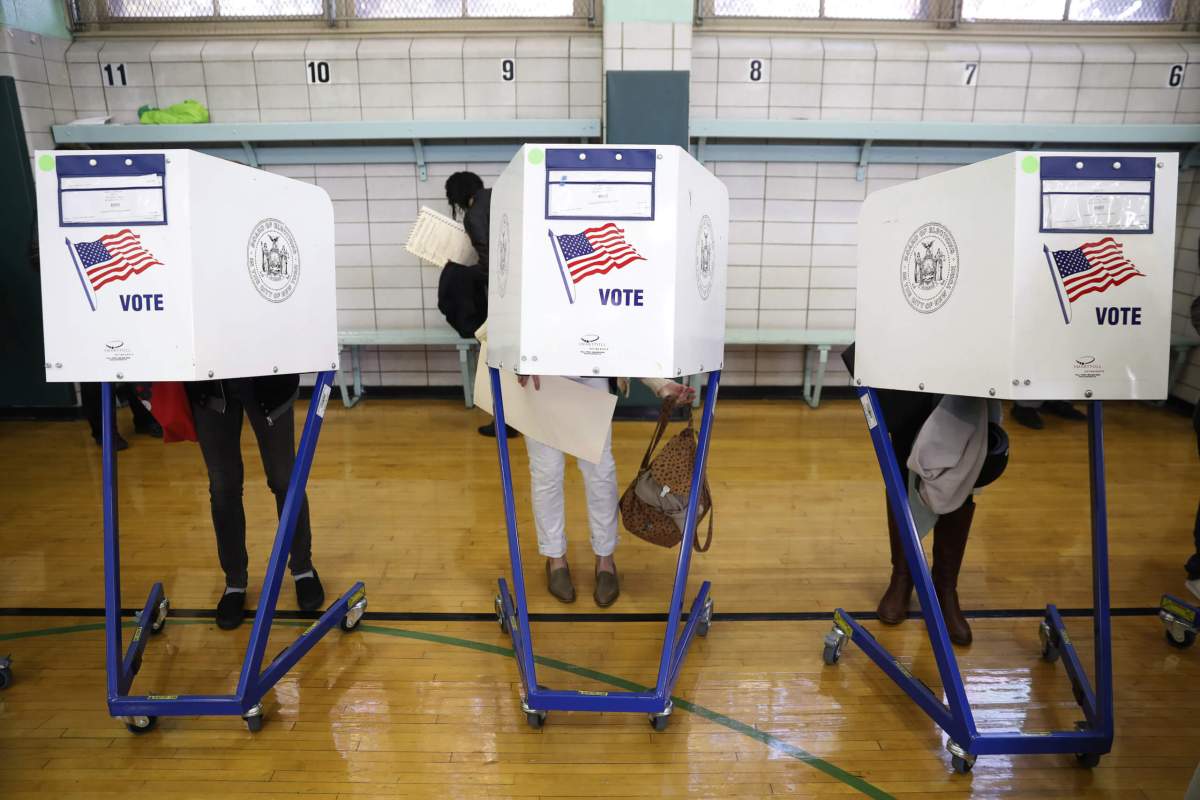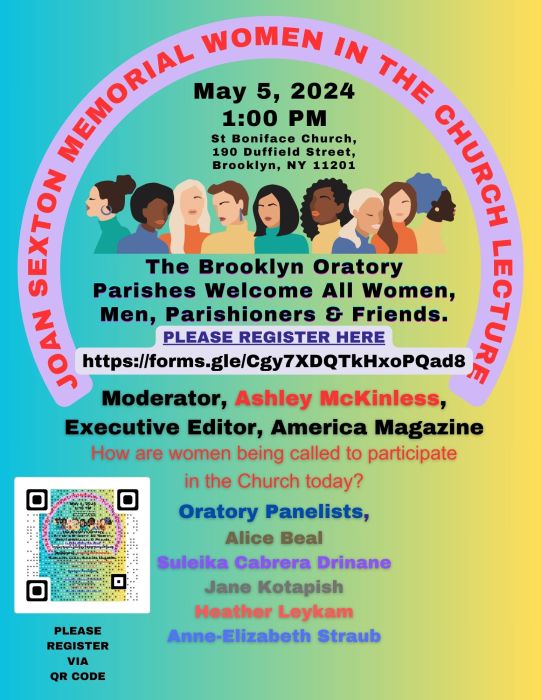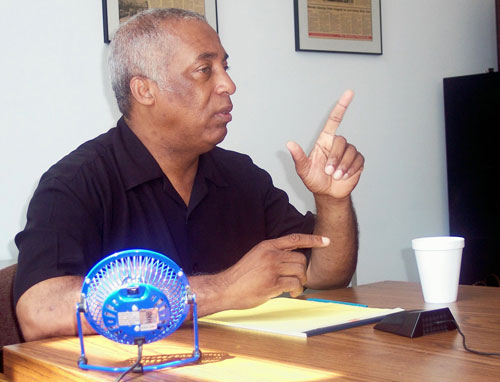Early voting began this weekend in the special election for East New York’s 60th Assembly district — yet few potential voters seem to have gotten the memo, despite the potentially-competitive nature of the referendum.
Voting began on Saturday, but only 90 people showed up to the polls over the first three days of early voting, according to the city Board of Elections. The district has a voting-age population of over 100,000 people, meaning that less than 0.09 percent of eligible voters have participated in the election thus far.
Early voting ends on Sunday, Feb. 13, and Election Day is on Tuesday, Feb. 15. Hours are inconsistent across the week: polls are open from 10 am to 6 pm Tuesday and Thursday, noon to 8 pm Wednesday, 7 am to 3 pm Friday, and 10 am to 3 pm Saturday and Sunday.
The 60th district’s turnout is trailing upper Manhattan’s 72nd Assembly District, which is also currently holding a special election, though not by much, as only 74 people have voted there.
The race in East New York could be uncharacteristically competitive despite the area’s proclivity for electing Democrats: while the Brooklyn Democratic Party has nominated local activist Nikki Lucas for the Democratic ballot line, the Working Families Party has backed Keron Alleyne, a former aide to then-Assemblymember, now Councilmember Charles Barron. The Republican and Conservative party lines are held by Marvin J. King.
Charles Barron and his wife Inez had together held the Council and Assembly seats in the area since 2009, with Charles sitting in the City Council for the first time all the way back in 2002, but the future of the dynasty is in flux after Inez decided to retire last year instead of seeking her old Assembly seat.
Now, the iconoclastic Barrons are backing Alleyne in the hopes of upsetting Lucas, a longtime critic of the Barrons and the pick of Brooklyn Democratic Party Chair Rodneyse Bichotte Hermelyn.
As is the process in special elections, no candidate on the ballot actually had to run in a competitive primary, but rather had to win the support of party insiders to gain the nomination. Tony Melone, spokesperson for the reform political club New Kings Democrats, says that not having a competitive primary may cause fewer people to pay attention or care come election day, especially without a choice of nominee.
“It’s depressing, honestly,” Melone said. “I think that these special elections where the nominee is basically decided in advance by the party is just another way that our system excludes voters. And if our party worked harder to bring voters into the process of choosing the nominee, then I think a lot more people would be excited to go to the polls.”
The county party, meanwhile, is in the throes of its mobilization for Lucas, said a spokesperson for Bichotte Hermelyn, though more heavy-scale GOTV efforts will take place on Election Day.
“We are now mobilizing the party to get out the vote for her,” said Sabrina Rezzy. “That includes sending field teams to early voting locations, getting out the vote on Election Day when turnout is the greatest, and serving as a spokesperson for Democrats in the 60th to notify them via newsletters, phonebanking, and social media about the Special Election. We are all in for Nikki.”
There is very little polling information about the potential outcome, but there is precedent for WFP candidates winning elections without appearing on the Democratic Party line, including some that are familiar to Brooklynites: current-Attorney General Tish James was elected to the City Council in 2003 on the WFP line, and Diana Richardson won her Central Brooklyn Assembly seat on the WFP line in a 2015 special election without a Democrat on the ballot (she’s now Deputy Borough President).
A spokesperson for the WFP said that the party is hoping for increased turnout but also noted that with such a small numbers of voters, “excitement may win the day.”
Though East New York could see a significant change in its local political representation, for better or worse, what’s likely is that the change will be decided by an exceedingly small portion of the district’s electorate. But whoever wins the special will still have to run in the June primary anyway; Alleyne has said that he would contest that primary, and the November general, if he’s not victorious in the special against Lucas.
“One silver lining is hopefully turnout will be much higher in the June primary,” Melone said. “So the voters that don’t participate this time will get a chance to participate then, and decide who’s going to hold the seat in 2023.”
The Brooklyn GOP did not respond to a request for comment.





















